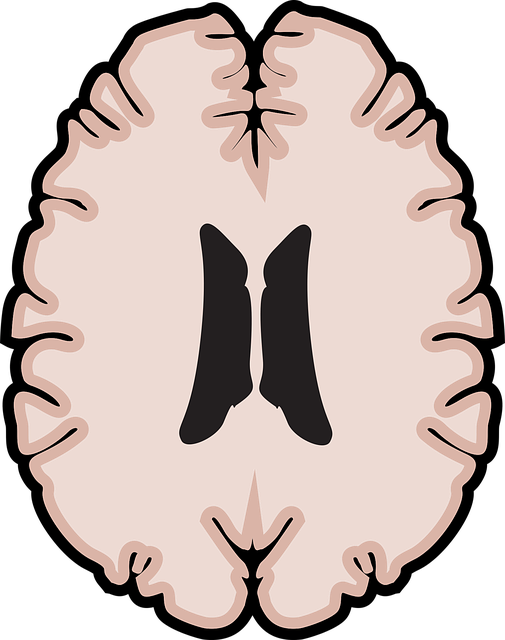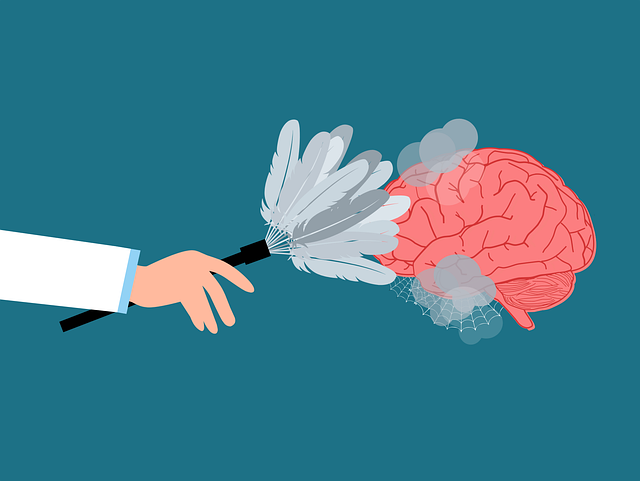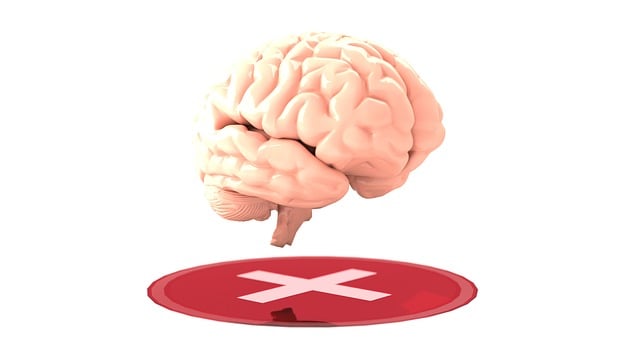Centennial Cognitive Processing Therapy (CCPT) is a harm minimization strategy that targets mental health risks by identifying and modifying triggers, past traumas, and environmental factors. This approach focuses on cognitive reframing, stress management techniques, and mindfulness meditation to empower individuals dealing with mental illness. CCPT integrates community outreach programs and structured communication strategies for open dialogue, fostering resilience and enhancing life satisfaction through personalized care.
Risk assessment and harm minimization are critical components of any comprehensive safety strategy. This article delves into these essential practices, providing a structured approach to identify potential hazards and vulnerabilities through understanding Centennial Cognitive Processing Therapy (CCPT). We explore practical harm minimization strategies and how CCPT offers a holistic framework for effective risk management and individualized care. By the end, readers will be equipped with valuable insights for implementing safe and evidence-based interventions.
- Understanding Risk Assessment: Identifying Potential Hazards and Vulnerabilities
- Harm Minimization Strategies: Practical Approaches for Safe and Effective Interventions
- Centennial Cognitive Processing Therapy (CCPT): A Comprehensive Framework for Risk Management and Individualized Care
Understanding Risk Assessment: Identifying Potential Hazards and Vulnerabilities

Risk assessment is a fundamental step in any harm minimization strategy, and it involves identifying potential hazards and understanding their impact on individuals or communities. This process is crucial in various therapeutic settings, including those employing Centennial Cognitive Processing Therapy (CCPT). CCPT, known for its effectiveness in treating trauma, emphasizes the importance of risk assessment to create tailored treatment plans. By meticulously evaluating risks, therapists can address specific vulnerabilities associated with each client, ensuring their safety and well-being during therapy.
In the context of harm minimization, identifying potential hazards might include recognizing emotional triggers, past traumatic experiences, or environmental factors that could exacerbate existing mental health conditions. For instance, a client’s history of self-harming behaviors represents a significant hazard, prompting therapists to implement strategies for mood and stress management. Community Outreach Program Implementation can also play a vital role in this process by providing additional resources and support systems, thereby enhancing the overall risk minimization plan.
Harm Minimization Strategies: Practical Approaches for Safe and Effective Interventions

Harm Minimization Strategies play a pivotal role in ensuring safe and effective interventions across various contexts. By adopting practical approaches, professionals can mitigate risks associated with mental illness while fostering resilience and recovery. One evidence-based method is Centennial Cognitive Processing Therapy (CCPT), which focuses on modifying unhelpful thought patterns to reduce symptoms and improve overall well-being. This therapeutic approach empowers individuals to reframe negative experiences, thereby minimizing the long-term impact of trauma and promoting healthy coping mechanisms.
Complementing CCPT, Mental Illness Stigma Reduction Efforts and Self-Care Routine Development for Better Mental Health are crucial components in harm minimization planning. Effective communication strategies, tailored to individual needs, facilitate open dialogue about mental health concerns. By combining these practical methods, support systems can be strengthened, enabling individuals to navigate challenges with enhanced resilience and improved life satisfaction.
Centennial Cognitive Processing Therapy (CCPT): A Comprehensive Framework for Risk Management and Individualized Care

Centennial Cognitive Processing Therapy (CCPT) offers a comprehensive framework for effective risk management and individualized care. This therapeutic approach recognizes that cognitive processes significantly influence an individual’s ability to cope with stress, make decisions, and manage risks. By focusing on modifying negative thought patterns and enhancing mindfulness meditation skills, CCPT empowers individuals to navigate challenging situations more effectively. Through structured communication strategies, the therapy facilitates open dialogue, fostering a supportive environment where clients can explore and reframe cognitive distortions.
Integrating Stress Management Workshops within the CCPT framework enables organizations to equip their members with practical tools for dealing with stress-related risks. These workshops, coupled with personalized care plans, promote resilience and self-regulation. By combining evidence-based techniques from mindfulness meditation with tailored communication strategies, CCPT represents a holistic solution for addressing cognitive challenges and minimizing potential harm in various settings.
Risk assessment and harm minimization are essential components of any comprehensive mental health care strategy. By understanding potential hazards and vulnerabilities, professionals can implement practical approaches to ensure safety and effectiveness. Centennial Cognitive Processing Therapy (CCPT) offers a unique framework for managing risk and providing individualized care, making it a valuable tool in the field. Through a holistic approach, CCPT empowers individuals to navigate challenges and foster positive outcomes, ultimately enhancing well-being and resilience.














